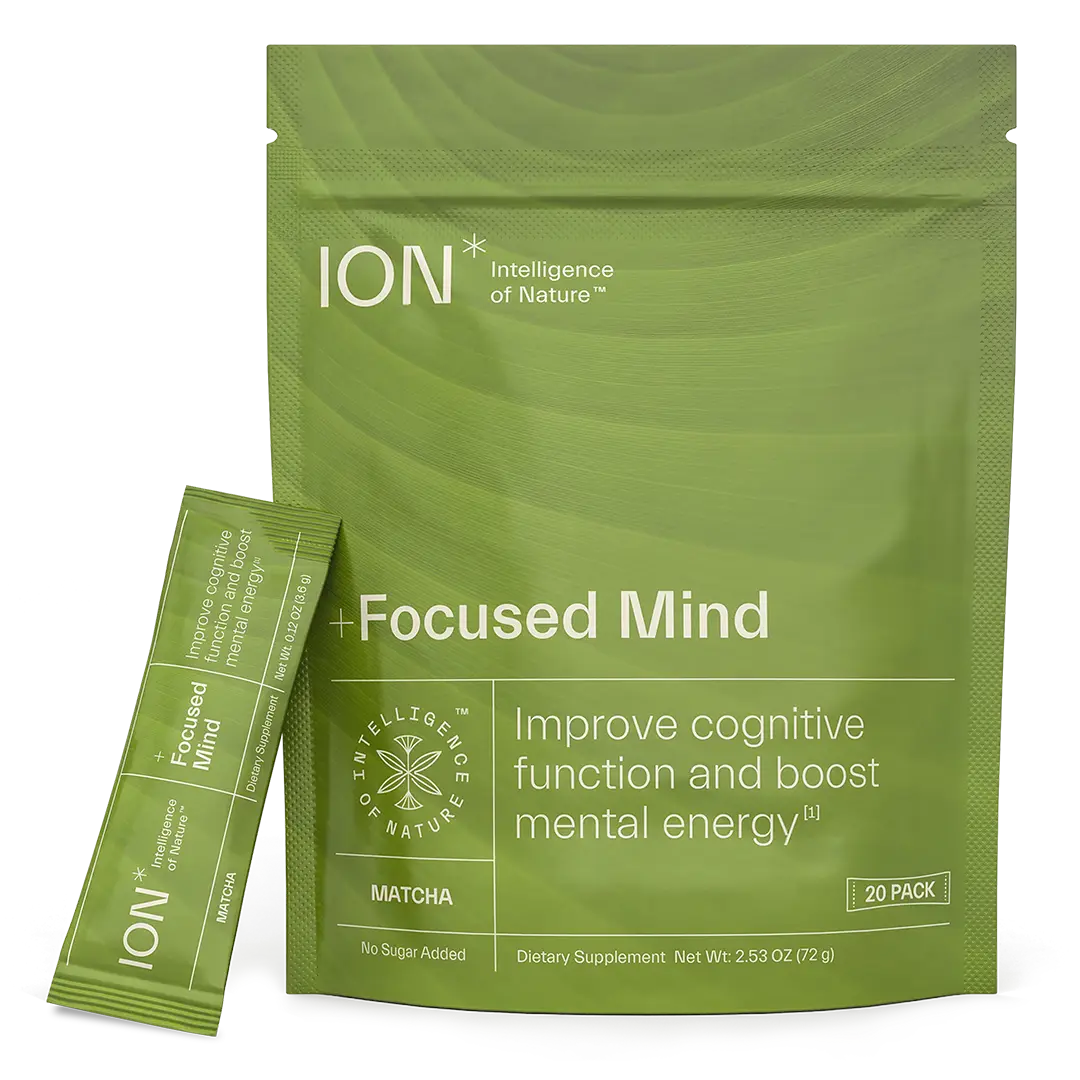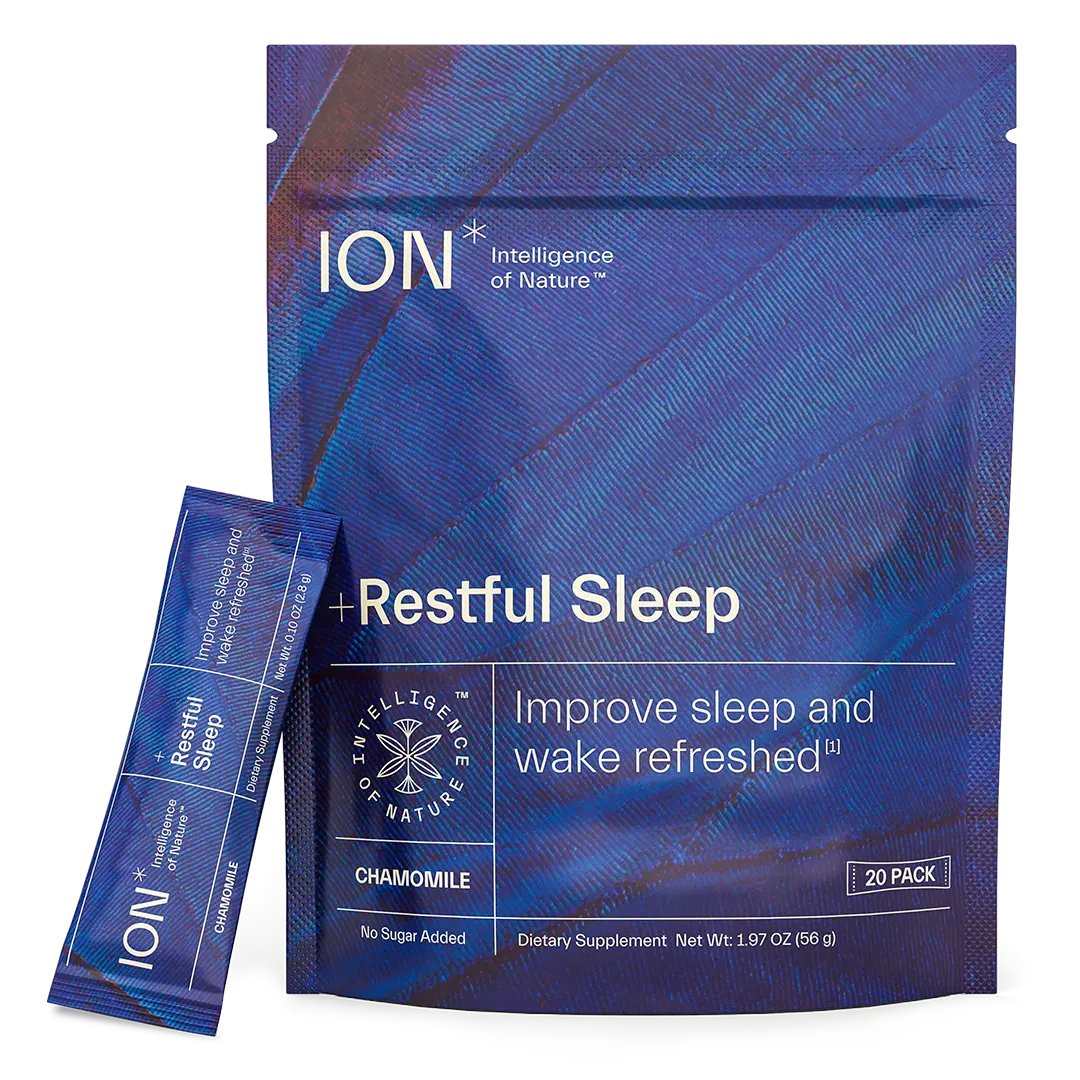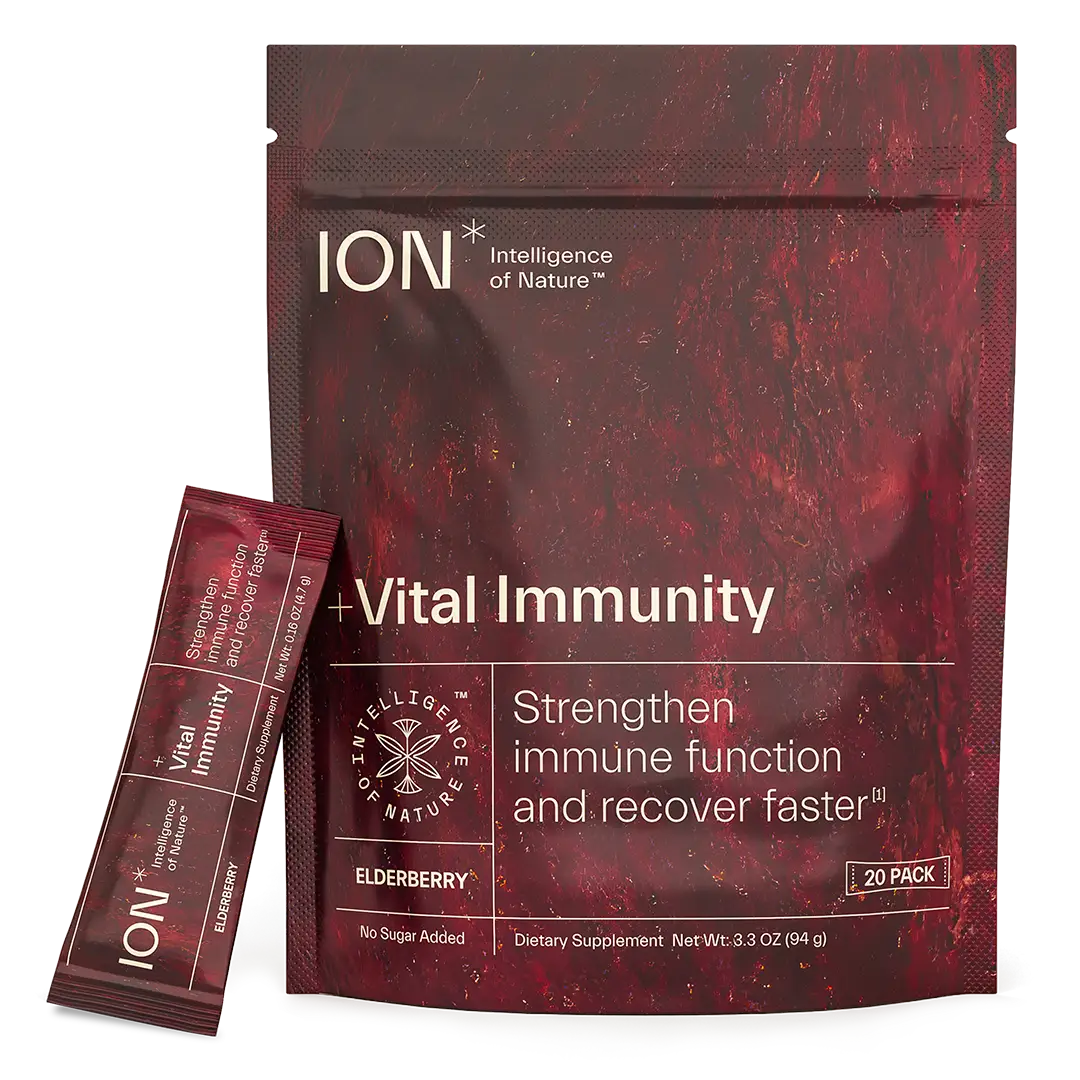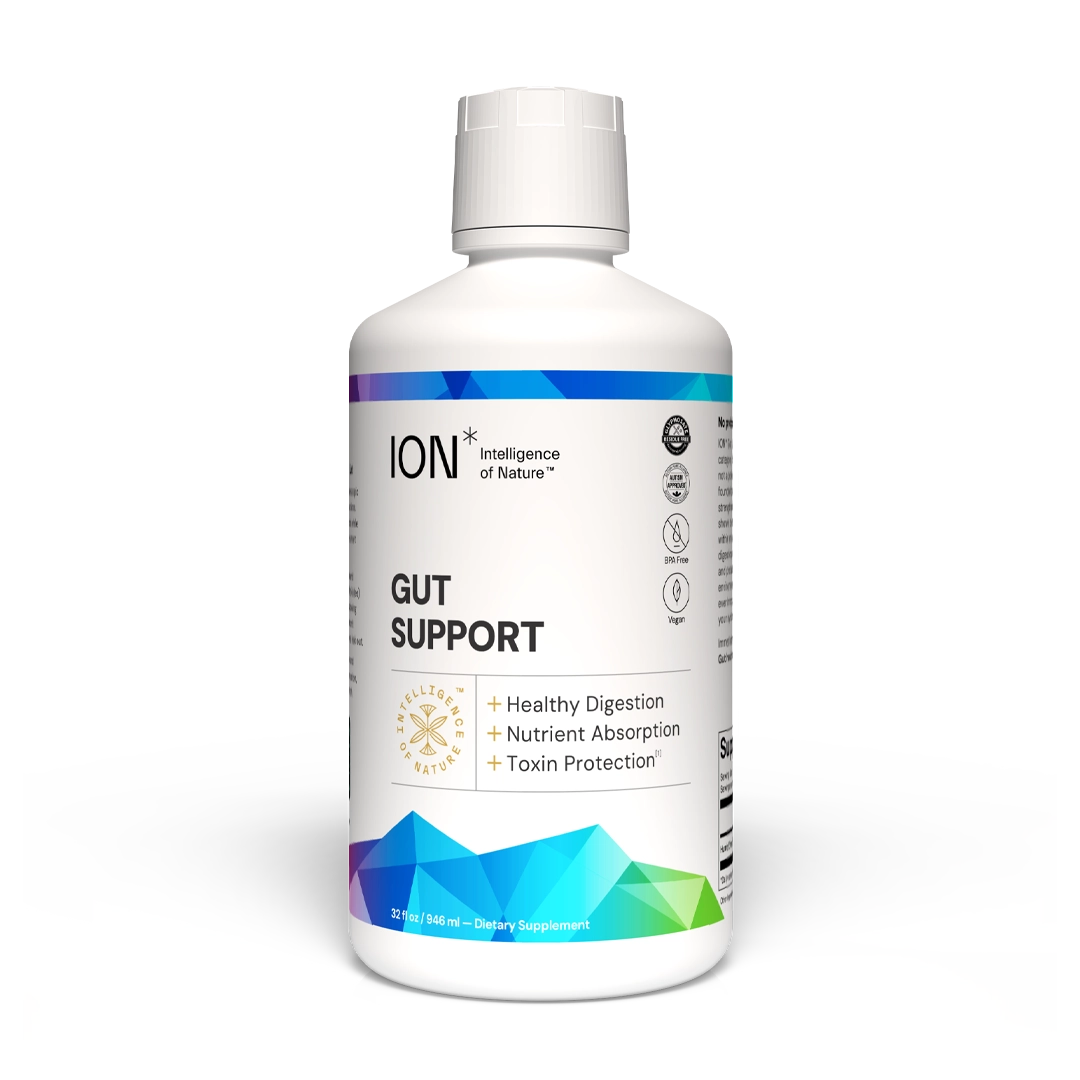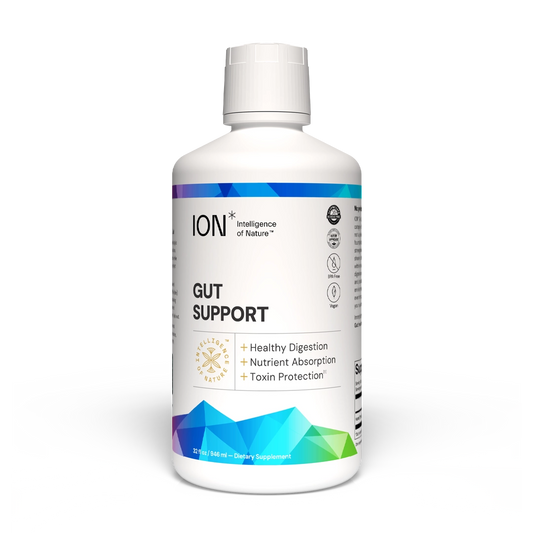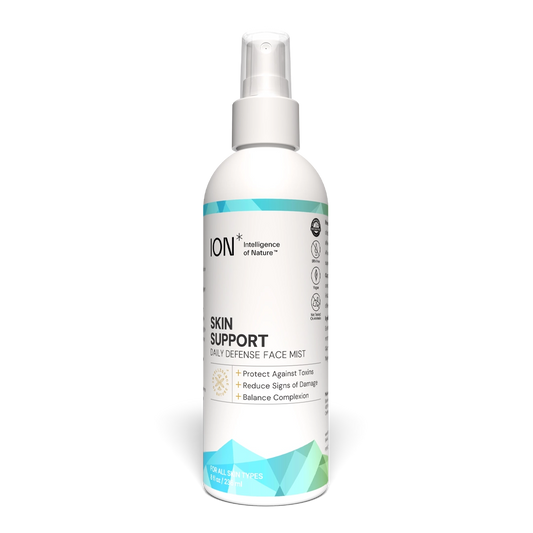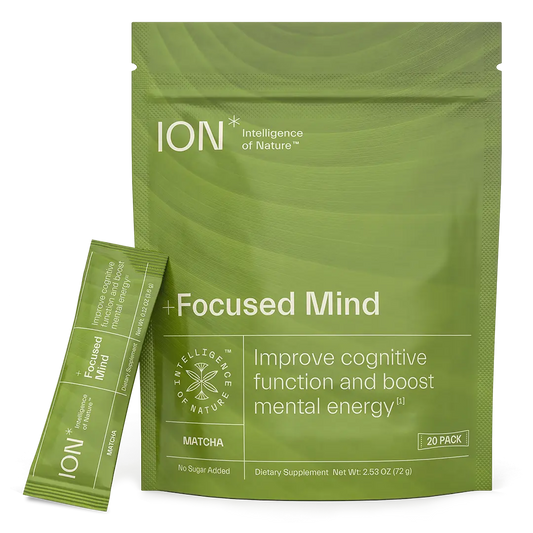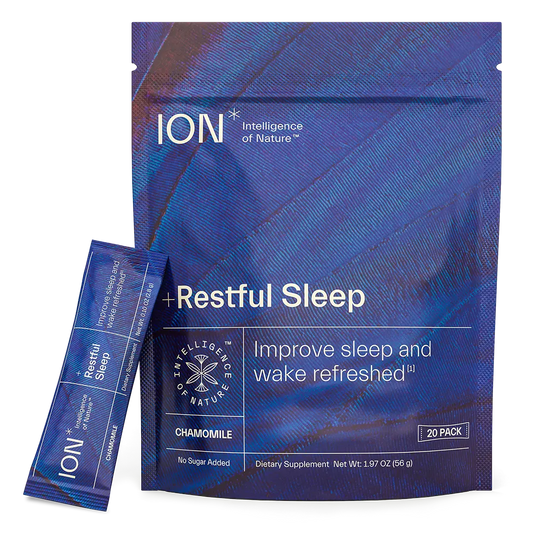
Immunity in Winter: Can You Get Sick from Cold Weather?
Days are getting shorter. Temperatures are dropping. Winter is right around the corner, which means we’re quickly approaching the time of year when we (hopefully!) spend more quality time with our loved ones for the holidays.
Winter is also the same time of year we’ve all been told that we’re more likely to get sick. Which seems like a cruel kind of irony. Really, there’s never a “good” time to get sick, but it feels especially true right now–the last thing anyone wants to be doing is fighting a cold (or worse!).
Unfortunately, science says it’s not an old wives’ tale, you are indeed more likely to get sick in cold weather.
Illnesses like the flu start rising in October and then spike from December through February. You know, most of the winter months that encompass holiday celebrations, vacations, visiting family–the good stuff. If you think about it, between extended travel, less sun (vitamin D) exposure, and delicious (albeit gluten and sugar-packed) festive feasts, it shouldn’t be much of a surprise that we’re all more susceptible to sickness. Sure, you may be enjoying some well-deserved time off, but your immune system is working overtime.
Respiratory infections are especially prevalent in the winter months for two reasons: enclosed spaces and humidity. While the first one makes sense (everyone shuffling indoors to avoid the cold), the humidity factor is interesting. Basically, low humidity during the winter enables viruses like influenza to live longer and thus, be more easily transmitted. Not great news.
Myths About How to Boost Your Immune System in Winter.
So while it's not a myth that you are more likely to get sick in colder weather, there are still plenty of myths about how you can avoid getting sick with immune-boosting behaviors.
There are tons of things we try to supplement and strengthen our immune health, adding new regimens to our rotation of healthy habits to try and stay well. Let’s talk about some of the most common ways to boost your immune system and why they may not be as effective as we think.
Myth 1: OJ and vitamin C to the rescue
There’s a reason so many products that claim to boost your immunity are both a.) colored orange b.) taste like orange juice (kinda) and c.) tout vitamin C content. It’s because we’ve all been told time and time again that orange juice, specifically the vitamin C in orange juice, is the not-so-secret weapon to staying well. In a statistic that shocks no one, orange juice is the most popular fruit juice in America.
And let’s not totally overlook the actual good of OJ–there are plenty of benefits to orange juice, it’s got carotenoids, flavonoids, folate, thiamin and (of course) vitamin C. These are all great for your health.
But consider this: an orange provides just as much vitamin C and folate as concentrated orange juice. That’s because these critical vitamins can be damaged during the juice production process. So you may not even be getting the benefit of more vitamin C when you’re drinking orange juice.
You know what you are getting more of? Sugar. Orange juice packs roughly 22 grams of sugar per 8oz glass (about the same as a small can of Coke!). Excess sugar consumption can cause inflammation, blood sugar spikes and weight gain.
And you know what’s terrible for immune health? You guessed it. Sugar. Studies have shown spikes in sugar intake suppress your immune system, and if this happens for extended periods of time, your immune function simply doesn’t function as well.
Orange juice as a treat to enjoy in moderation? Absolutely.
Orange juice as an immunity booster? Not so much.
Myth 2: Multivitamins have all you need
Almost as common as orange juice, another contender that comes to mind when people think about ways to boost their immune system health is the widely-available, widely-taken, ever-present multivitamin. That isn’t hyperbole, half of all American adults—including 70% of those age 65 and older—take a vitamin supplement regularly.
It’s entirely possible those of you reading this take multivitamins because you want to take care of your health. Which is wonderful! Taking care of your health is one of the most important things you can do. Period. But is this daily routine the answer to boosting your immune system? So far the evidence is limited that a daily cocktail of vitamins actually delivers on your wellness goals.
While some scientists and doctors don’t see the harm in taking a vitamin to round out gaps in diet, there’s just no proof they’re doing tons of good for us, either. In a study by Johns Hopkins, researchers concluded that multivitamins don’t reduce the risk for heart disease, cancer, cognitive decline (such as memory loss and slowed-down thinking) or early death. Also, very important to note: prior studies have found that vitamin E and beta-carotene supplements can actually be harmful in high doses.
If bolstering immune health is your goal, a multivitamin doesn't seem to be the surest solution.
Myth 3: Probiotics are the solution for healthy gut (and immune system)
Finally, let’s move on to the newest “immune boosting” claimant: probiotics–those little pills poised to make our guts happy again with good bacteria. To understand the popularity of probiotics, we must remember the connection between gut health and immune health. To put it succinctly: 70% of your immune system is in your gut. So happy gut = happy immune system.
Your gut is kind of like a rain forest. That is, tons of biodiversity working together to create a flourishing environment. Too much of one thing, not enough of another and the balance is all thrown out of whack, and everything is affected, like dominoes falling.
The reason probiotics are popular is they bring in an arsenal of “good” bacteria (we’re talking in the billions) to help combat an overgrowth of bad bacteria in an unhealthy gut. And lots of things we encounter in our everyday lives: antibacterial soaps, glyphosate and inflammation-causing foods can compromise gut health.
So what’s the problem? Well, remember the rainforest analogy? The billions of bacteria inside of a probiotic supplement are of only a few species. And when you consider scientific estimates that the human gut should have thousands (potentially tens of thousands!) of bacterial species, the numbers don’t seem to add up to a good idea when you introduce billions of copies of one type of bacteria–”good” or not.
Because if your diverse ecosystem becomes flooded with only a few types of bacteria, you create a “monoculture.” That is, a gut flora that’s dominated by only a few types of bacteria instead of the massive diversity it should have to thrive.
Learn more about the dangers of a monoculture.
Probiotics? Good idea in theory, possibly not the best in practice to boost gut and immune system health.
How to Naturally Boost Your Immunity in Winter?
So, what can you do to boost immune health this winter season? By scientifically supporting your body’s defenses naturally.

ION* defends you against winter's worst, head to toe, inside and out.
That’s not a misnomer. Funnily enough, scientific research has shown us time and time again that Mother Nature had it right when she designed the intelligent systems that keep our body’s working and balanced.
At ION*, nature is the blueprint, inspiration, and guiding light for how we use science to bolster our intrinsic systems crucial to our health and wellbeing. That’s why our suite of all-natural, soil-derived products are formulated to go beyond typical supplementation to support your body, inside and out.
ION* Skin Support is an easy-to-use spray that defends against toxins and facilitates critical microbial connection, helping to reduce redness, retain moisture, and encourage skin to breathe (and glow!).
ION* Gut Support goes beyond probiotics and other supplements to bolster your gut health and by extension, your immune function. ION* Gut Support works on the cellular level to tighten junctions in the intestinal lining, so your body is better equipped to keep the good in and the bad out, allowing your unique microbiome to flourish and your immune system to thrive.
This winter season, work with nature - rest, relax, and support health at its foundation.
